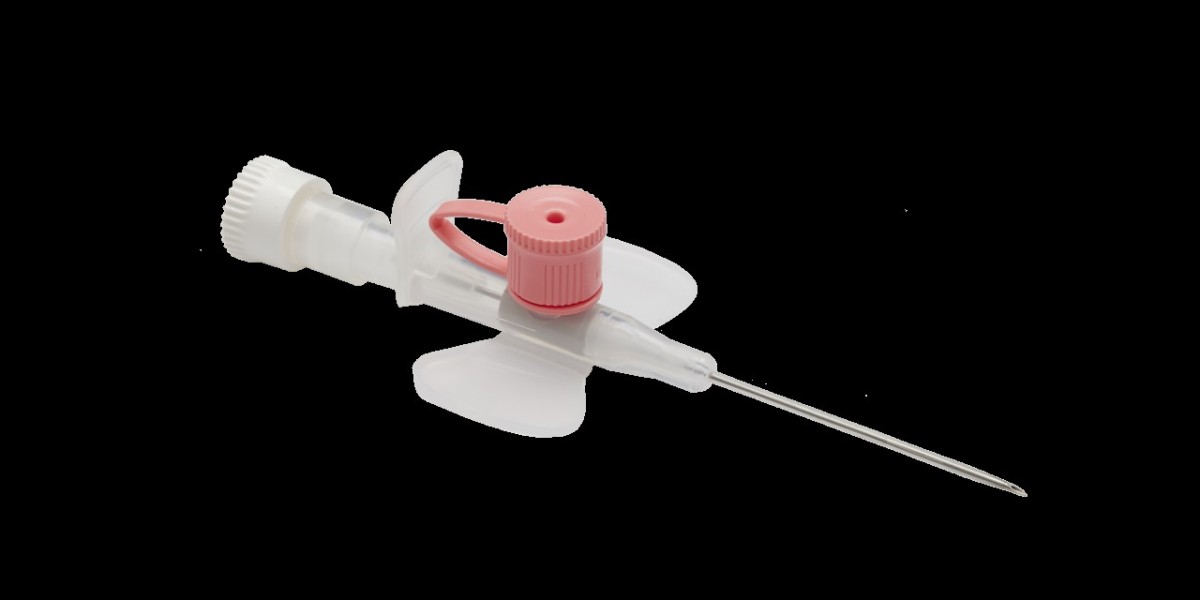In the realm of electrical systems, contactors play a crucial role in controlling and switching power. Among the various types available, 250A 1140V vacuum contactors have gained significant popularity due to their reliability and efficiency. This article aims to delve into the industrial applications of these contactors, highlighting their benefits and providing insights into their working principles.
I. Understanding 250A 1140V Vacuum Contactors
250A 1140V vacuum contactors are electrical devices used for switching and controlling power in industrial applications. They consist of several key components, including a vacuum interrupter, electromagnetic coil, and auxiliary contacts. The vacuum interrupter, housed in a vacuum-sealed chamber, provides insulation and arc-quenching capabilities, ensuring safe and reliable operation.
The working principles of 250A 1140V vacuum contactors involve the use of electromagnetic forces to close and open the contacts. When the coil is energized, it creates a magnetic field that attracts the movable contact, closing the circuit. Conversely, de-energizing the coil releases the contact, opening the circuit. This mechanism allows for efficient power control and switching.
Compared to other contactor types, such as air or oil-based contactors, 250A 1140V vacuum contactors offer several advantages. They provide better electrical insulation, reducing the risk of electrical faults. Additionally, vacuum contactors have a longer lifespan, require less maintenance, and exhibit superior performance in high-voltage applications.

II. Industrial Applications of 250A 1140V Vacuum Contactors
250A 1140V vacuum contactors find extensive use in various industrial settings. Let's explore some of their key applications:
A. Power Distribution Systems
1. Substations and Switchgear: Vacuum contactors are commonly employed in substations and switchgear to control and distribute power across different sections of electrical networks. They ensure reliable and efficient power transmission, minimizing downtime and improving overall system performance.
2. Motor Control Centers: In industrial facilities, motor control centers are responsible for managing and protecting motors. 250A 1140V vacuum contactors are often integrated into these centers to provide reliable motor control, ensuring smooth operation and preventing motor damage.
B. Manufacturing and Industrial Processes
1. Metalworking and Welding: Vacuum contactors are widely used in metalworking industries, where they control power supply to welding machines, induction furnaces, and other high-power equipment. Their ability to handle high electrical loads and provide precise control makes them ideal for these applications.
2. Chemical and Petrochemical Industries: In hazardous environments, such as chemical and petrochemical plants, vacuum contactors play a crucial role in controlling power to pumps, compressors, and other critical equipment. Their reliable operation and enhanced safety features make them suitable for these demanding environments.
3. Mining and Extraction Operations: Vacuum contactors are employed in mining and extraction operations to control power supply to heavy machinery, conveyors, and crushers. Their robust construction and ability to withstand harsh conditions make them well-suited for these applications.
C. Renewable Energy Systems
1. Wind Farms: Vacuum contactors are utilized in wind farms to control power flow between wind turbines and the grid. They ensure efficient power transmission, enable remote control and monitoring, and facilitate safe disconnection during maintenance or emergencies.
2. Solar Power Plants: In solar power plants, vacuum contactors are used to control power flow from solar panels to inverters and the grid. Their ability to handle high DC voltages and provide reliable switching makes them essential components in these systems.
III. Benefits of 250A 1140V Vacuum Contactors in Industrial Settings
250A 1140V vacuum contactors offer several benefits that make them highly desirable in industrial applications:
A. Enhanced Safety Features: Vacuum contactors provide excellent electrical insulation, reducing the risk of electrical faults and ensuring operator safety. The vacuum-sealed chamber prevents arcing and eliminates the need for additional insulating mediums.
B. High Electrical Withstand Capability: These contactors can handle high electrical loads, making them suitable for demanding industrial environments. They exhibit excellent current-carrying capacity and can withstand voltage fluctuations without compromising performance.
C. Reliable and Efficient Operation: Vacuum contactors offer reliable switching and control capabilities, minimizing downtime and improving overall system efficiency. They have a long lifespan, require minimal maintenance, and provide consistent performance even in harsh conditions.
D. Compact Design and Easy Installation: 250A 1140V vacuum contactors are compact in size, allowing for easy integration into existing electrical systems. Their lightweight design simplifies installation and reduces space requirements, making them ideal for retrofitting or upgrading applications.
E. Reduced Maintenance Requirements: Vacuum contactors have minimal maintenance needs compared to other contactor types. The absence of arc-quenching mediums, such as oil or air, eliminates the need for regular refilling or replacement, resulting in cost savings and increased operational efficiency.

IV. Maintenance and Troubleshooting Tips
To ensure optimal performance and longevity of 250A 1140V vacuum contactors, regular maintenance is essential. Here are some maintenance and troubleshooting tips:
A. Regular Inspection and Cleaning: Periodically inspect the contactors for any signs of damage, dust accumulation, or loose connections. Clean the contact surfaces and ensure proper alignment for efficient operation.
B. Identifying Common Issues: Familiarize yourself with common issues that may arise, such as contact welding, coil failure, or auxiliary contact malfunction. Regular monitoring and prompt identification of these issues can prevent further damage.
C. Troubleshooting Techniques: Develop troubleshooting procedures to diagnose and rectify contactor-related problems. This may involve checking coil voltage, inspecting auxiliary contacts, or verifying control circuitry.

Conclusion
250A 1140V vacuum contactors have proven to be indispensable in various industrial applications, offering reliable and efficient power control solutions. Their ability to withstand high electrical loads, compact design, and enhanced safety features make them an ideal choice for power distribution systems, manufacturing processes, and renewable energy projects. By understanding their working principles and benefits, industries can make informed decisions when selecting contactors for their specific needs, ensuring smooth and efficient operations.
Haibang, as a leading provider of electrical products, offers high-quality AC vacuum contactors designed to meet the needs of different industries. With Haibang's AC vacuum contactors, power distribution systems can achieve optimal performance, enhanced safety, and improved efficiency. Contact Haibang today to explore their range of AC vacuum contactors and experience the benefits they bring to power distribution applications.
If you are interested in our products ,welcome to contact us.
Email:haibangshebei@163.com












